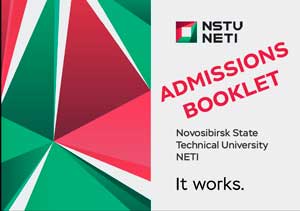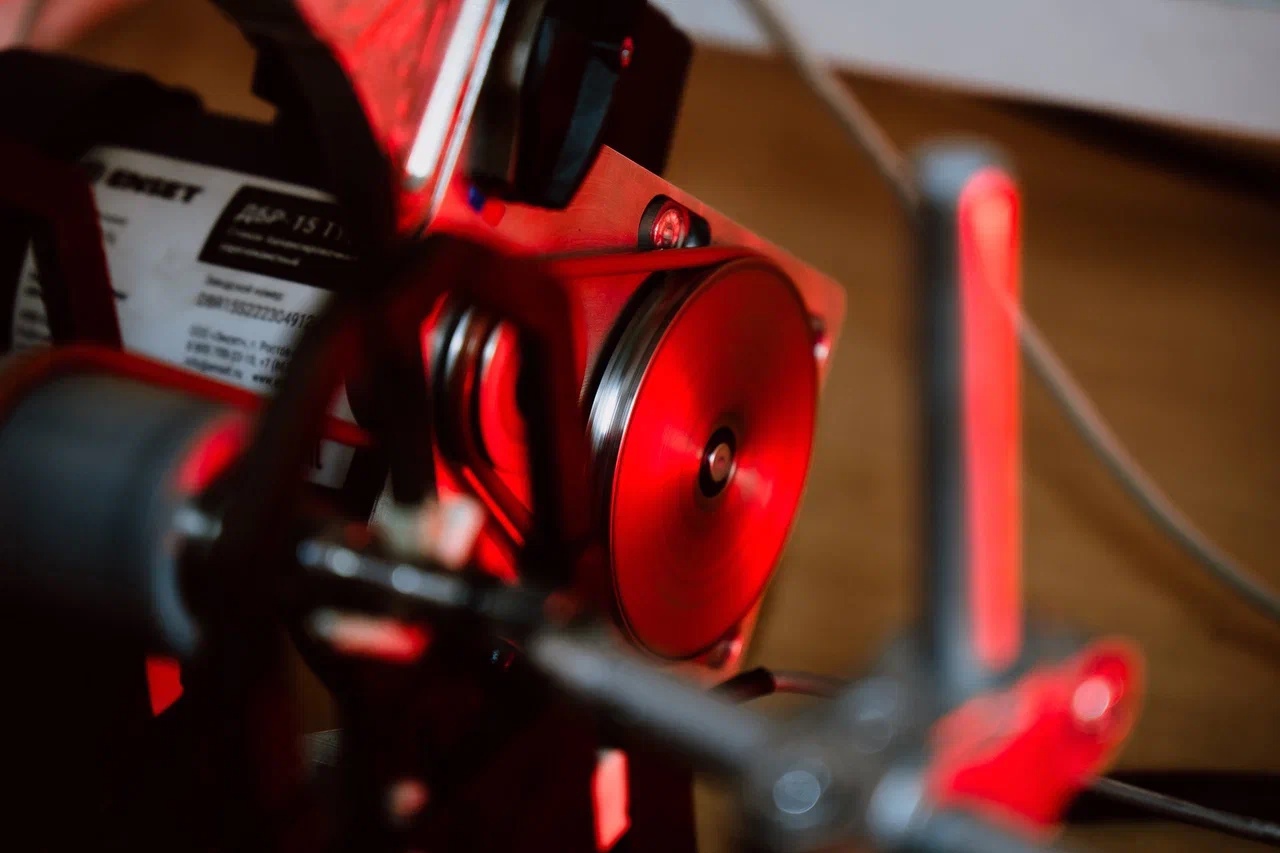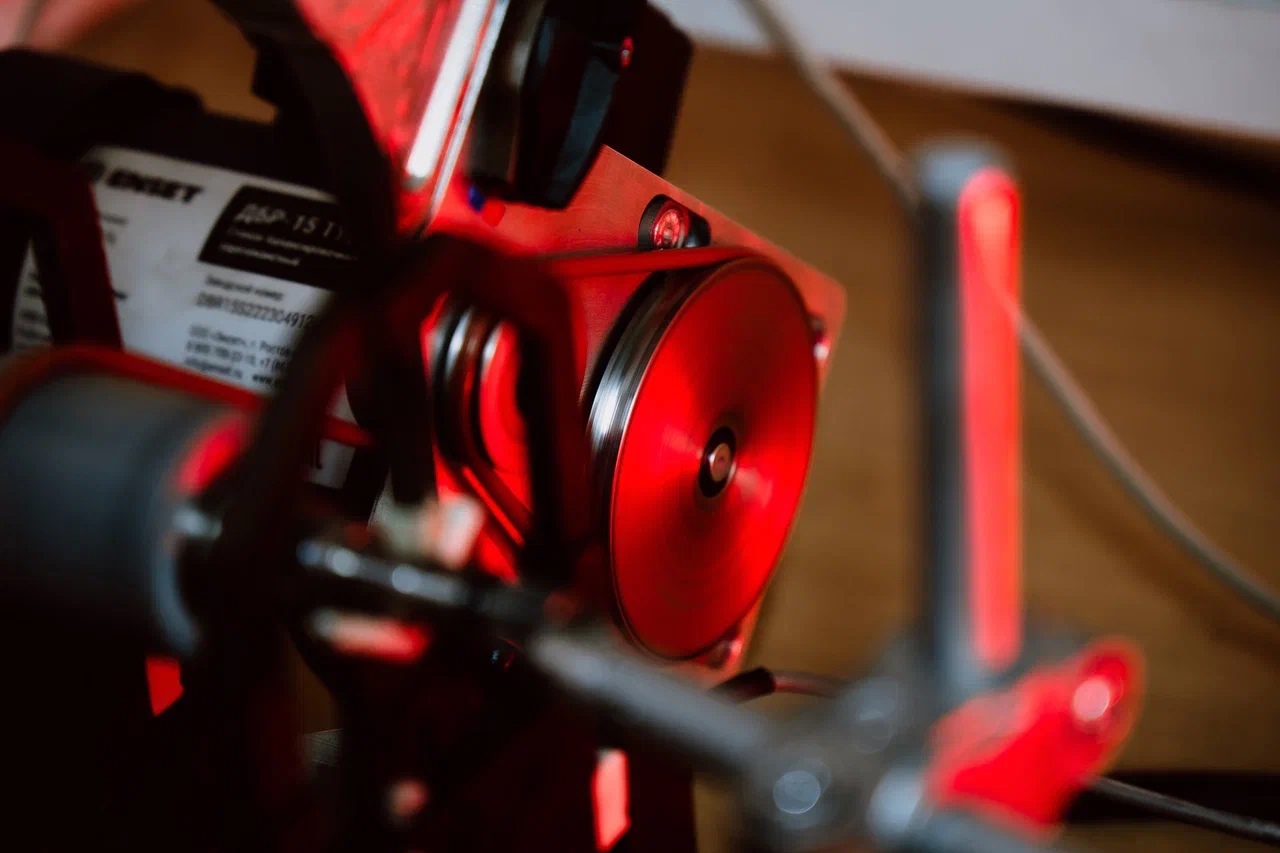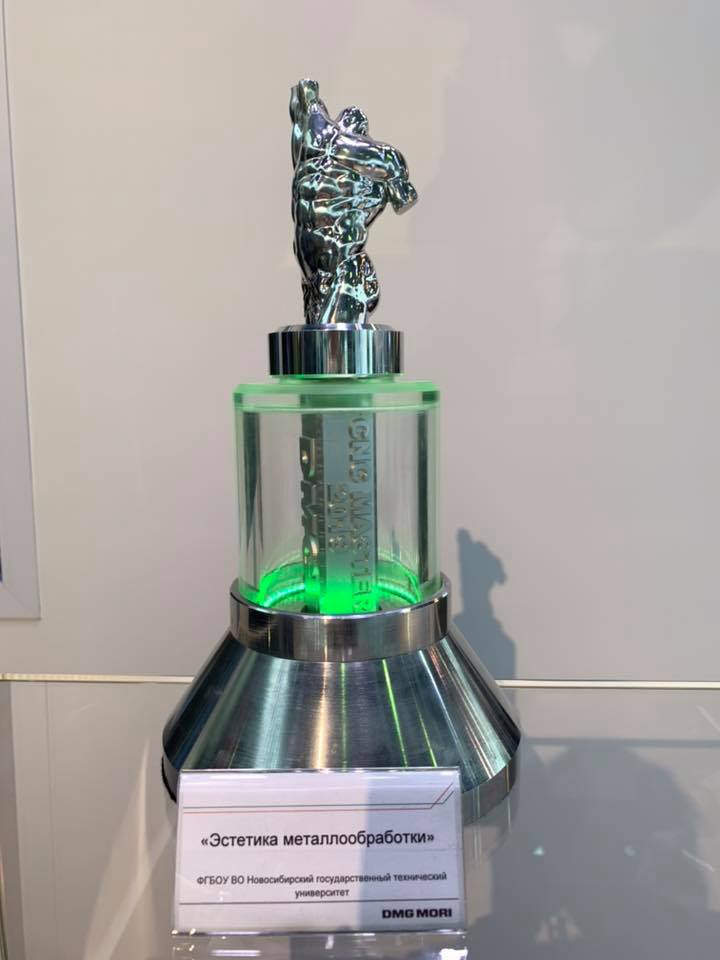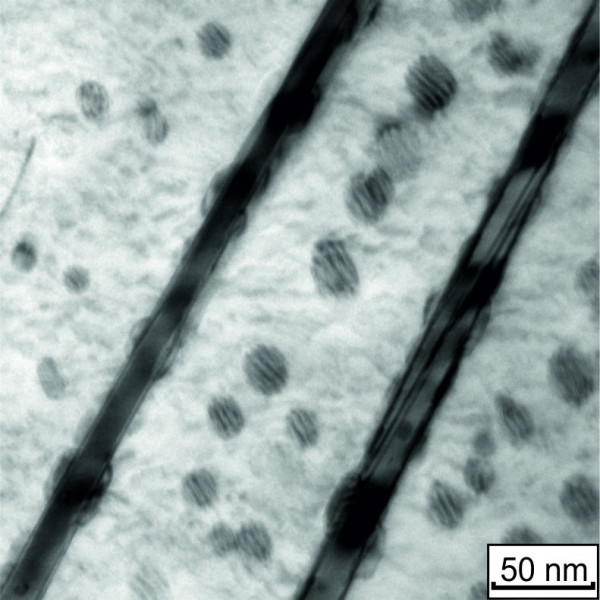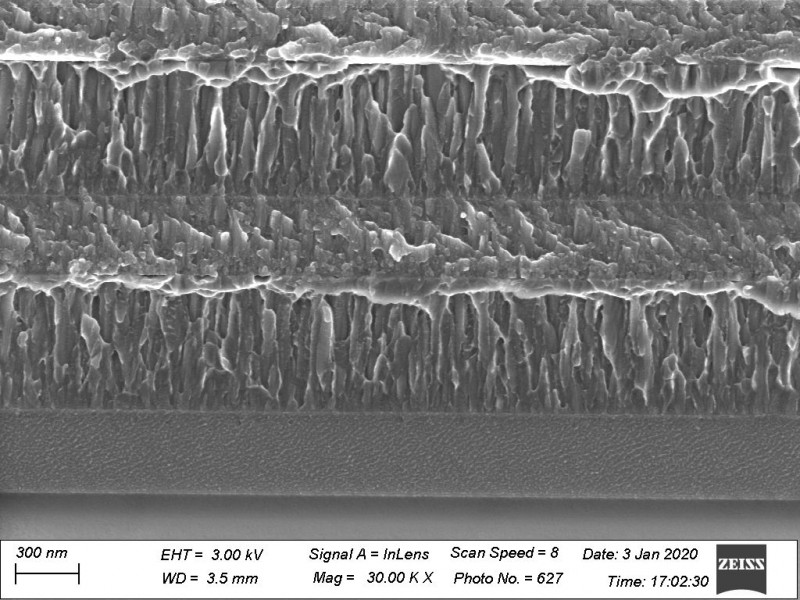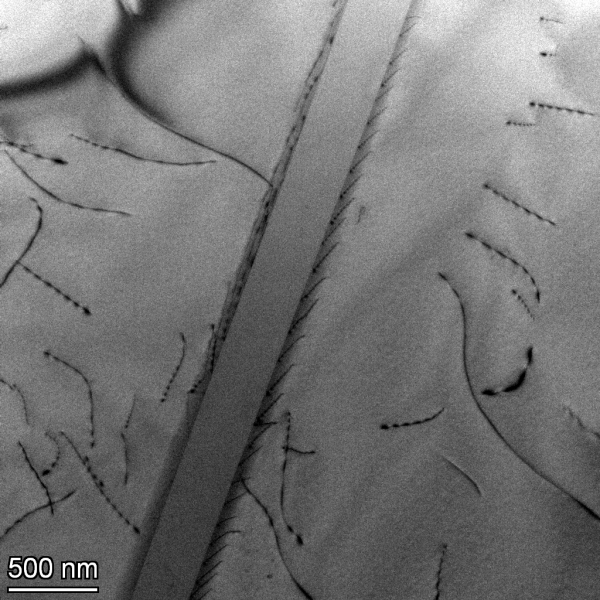Tuition fee information for all majors
Profile: Nanotechnology and Nanomaterials
Major: 28.03.02 Nanoengineering
Profile: Nanotechnology and Nanomaterials
Duration: 4 years
Start: September 1
Admission: open
Language : Russian
Entrance tests :
- Russian
- Mathematics
- Physics or Computer Science
Nanoengineering is an innovative field of scientific and practical activity based on the use of the latest achievements of fundamental and engineering sciences in the development and study of nanoscale and nanostructured objects. Nanoengineers are specialists in the design and creation of nano-objects and materials and products formed on their basis. Such objects, for example, include nanoparticles based on carbon, metals or ceramics, which can be used to produce nanostructured composites and coatings.
Due to the rapid development of nanotechnology, which has already become ubiquitous in our lives and is actively used, the need for nanoengineers is constantly increasing. Such specialists are in high demand in many knowledge-intensive industries, as they can solve a variety of complex problems: from reducing wear in friction units by modifying contacting surfaces to increasing the efficiency of medical diagnostic methods through the use of nanoparticles.
The educational program “Nanotechnologies and nanomaterials” is based on an integrated approach to the professional training of specialists in the field of nanoengineering. The program implies the study of fundamental fundamentals of natural sciences and materials science, as well as modern methods of production and diagnostics of nanomaterials and nano-objects in the chemical industry and electronics. The curriculum also includes a strong foundation in design and documentation for technological processes, equipping graduates with the versatility to excel in a wide range of professional roles.
Graduates of this program are highly sought after by a wide range of industries, from industrial enterprises to research institutes. Their expertise finds application in diverse fields, including:
- Chemical and Pharmaceutical Industries: Companies specializing in chemistry, catalysis, pharmaceuticals, biomedicine, and cosmetology value the graduates' knowledge.
- Materials Science and Nanotechnology: Graduates are well-suited for roles in designing and developing cutting-edge nanostructured materials, composites, and coatings.
- Defense and Aerospace Industries: Their strong foundation in materials science and engineering makes them ideal candidates for positions in defense, radio and instrument making, machine building, aircraft and rocket building, and power engineering.
- Oil and Gas Sector: Graduates can contribute their expertise to the oil and gas refining industry
This broad range of potential employers demonstrates the versatility and relevance of the program's curriculum, ensuring graduates are well-equipped for success in a competitive job market.
From their second year, students actively engage in research and applied projects. This hands-on experience provides them with invaluable opportunities. They participate in prestigious All-Russian and international conferences, competitions, and Olympiads. Students gain valuable experience publishing their research in conference proceedings and academic journals, enhancing their academic profile. These experiences pave the way for seamless transitions into master's and doctoral programs at NSTU NETI and other leading universities. Graduates are also well-prepared for research positions at renowned institutions both in Russia and internationally.
- Data analysis
- Information technology and the fundamentals of programming
- Crystallography
- Materials science
- Methods of nanostructure formation in metals and alloys
- Continuum mechanics
- Molecular dynamics
- Processing of materials on machines with numerical control
- Fundamentals of technical ceramics
- Polymer nanomaterials
- Project activities
- Special steels and alloys
- Theory and technology of thermal and chemical heat treatment
- Thermodynamics of materials
- Technological documentation and production support
- Technology of structural materials
- Physical methods of materials research
- Physical, mechanical and operational properties of materials
- Admission starts on June 20
- Admission stops on July 10
- The documents are sent to the university in electronic form through the NSTU Enrolee Personal Account. When submitting an application for admission in electronic form, the documents attached to it are submitted (sent) to the NSTU admission committee in the form of their electronic images (paper documents converted into electronic form by scanning or photographing with the provision of machine-readable recognition of its details)

